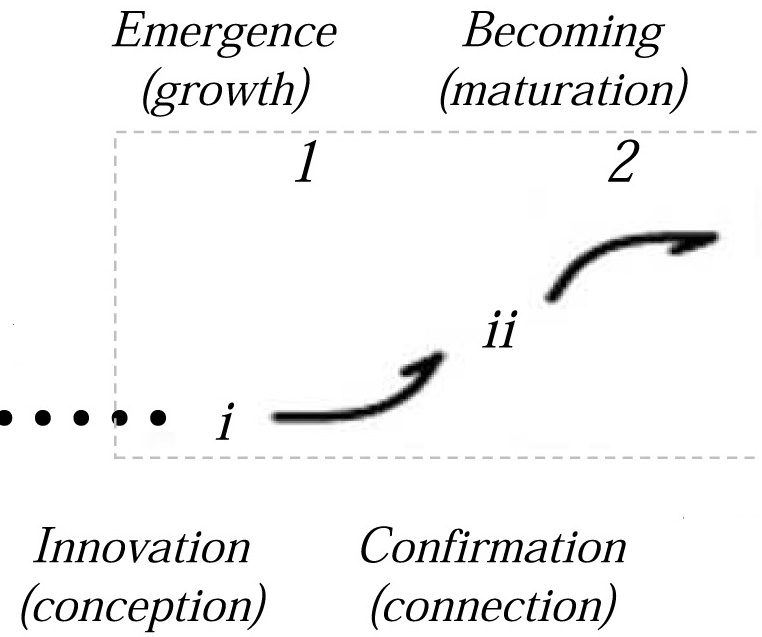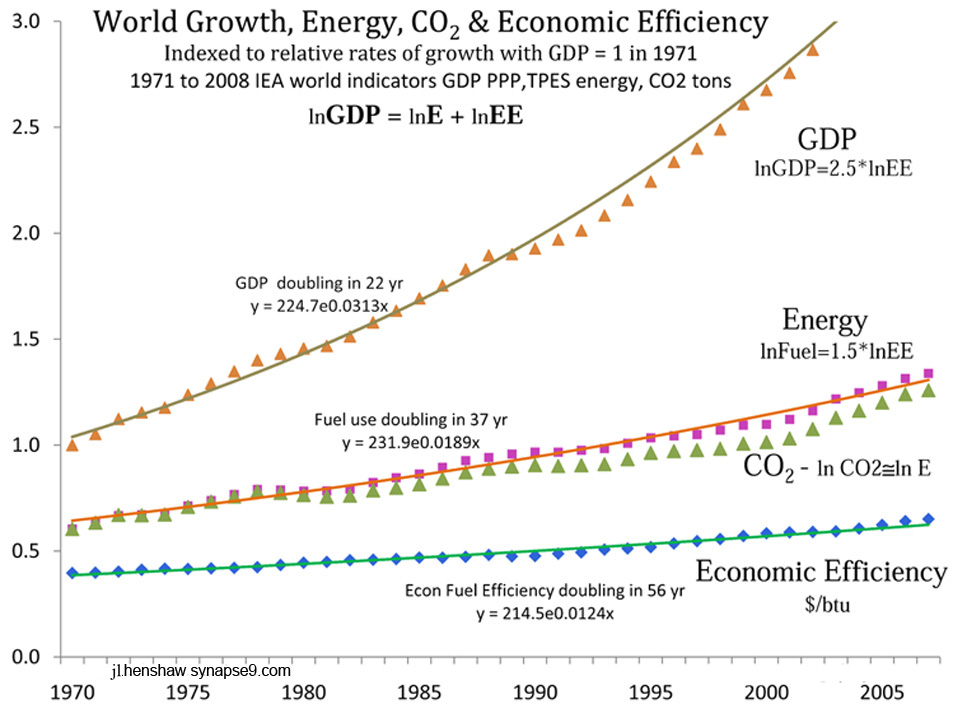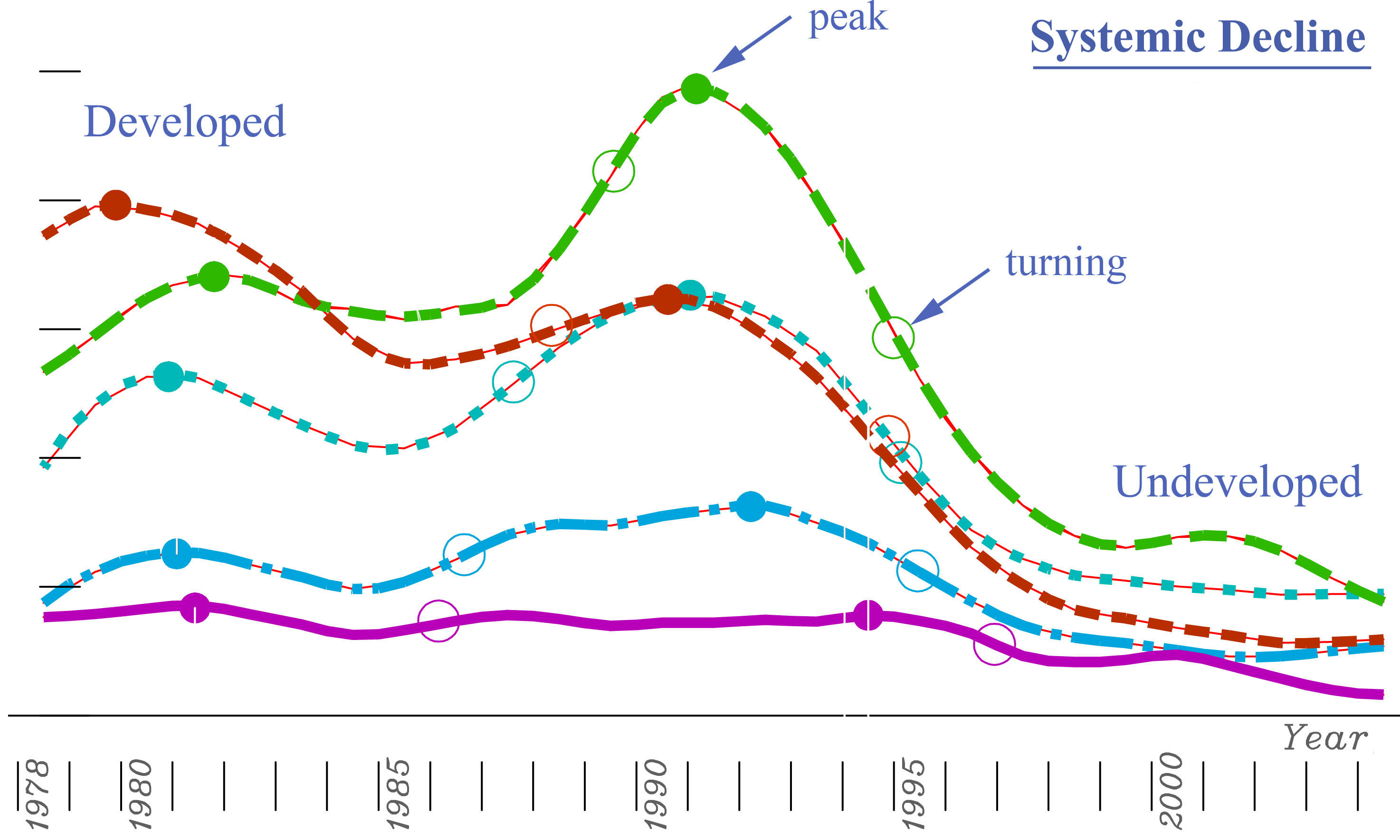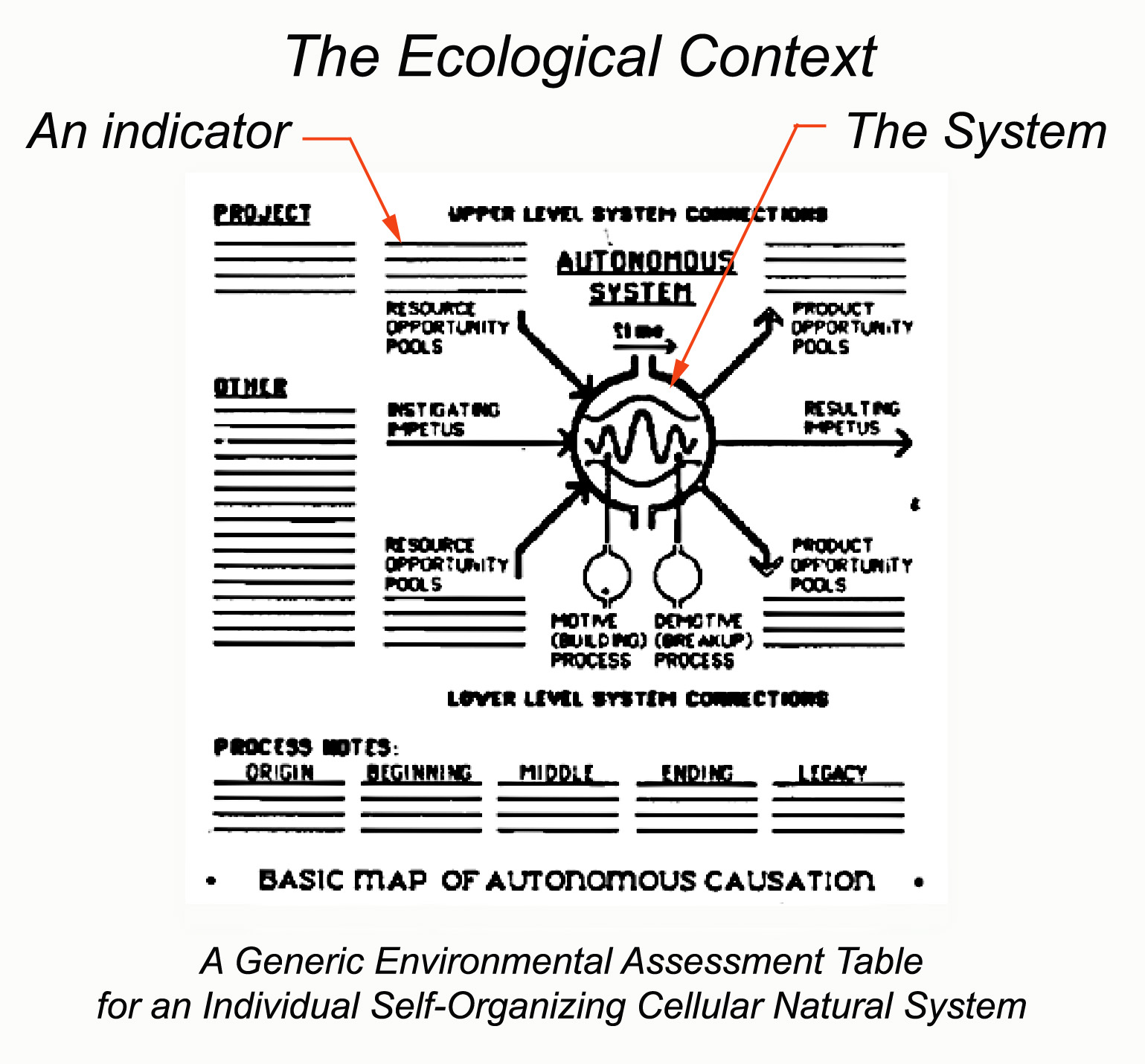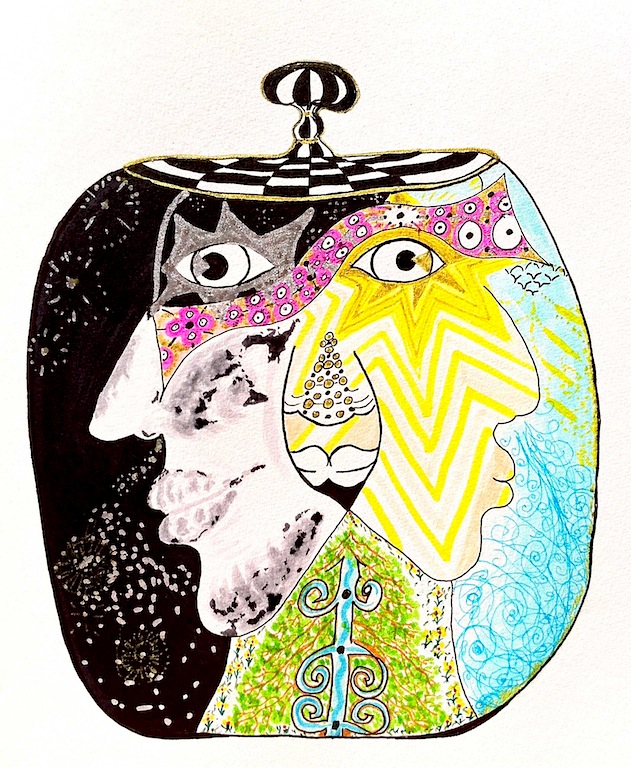I got a strong “like” from Mark Stahlman to my comment on Real-World Economic Review – issue no. 65. that led to A great longer discussion on the Cultural Anthropology of Knowledge on Open Anthropology . We start a series of excerpts, mostly my writings, with my comment to the economics review journal. J.L. Henshaw (@shoudaknown) commented in response to Edward Fullbrook’s “New Paradigm Economics” :

______________
1. JLH Comment to Ed Fullerbrook 10/6/13: –
A Solution that leaves out much of the problem
Edward, Regarding your new paradigm. I’m a natural systems scientist who has spent a lot of time on the puzzle of how economics became so detached…
I certainly applaud your effort to describe a new paradigm for economics, and see your approach as having the right intent and to be quite elegant in how you construct it. It still overlooks why natural systems will invariably depart from even the most faithful effort to describe them mathematically.
It’s that 1) natural systems change how they’re organized, and so how they behave, ALL the time, 2) all natural systems originate from a growth process in which they change how they work ever faster, to then change form, and 3) by ignoring #2 the present paradigm is to manage a world of systems that all expand and become ever more unmanageable over time. It’s “impractical”.
What I think this exposes is a very basic flaw in our conception of nature. It seem to be coming directly from our attempts to define nature conceptually (treating nature as rules that we control), rather than using the rules we find to help us learn about it. What we have is an ever changing world, full of complex living natural and cultural systems we need to interact with, that are inventing new behavior all the time and fundamentally out of our control. From there I’m not sure what would help you understand my approach, as my terminology is likely to ‘sound funny’.
Continue reading Natural Systems.. meet many worlds of Cultural Reality

